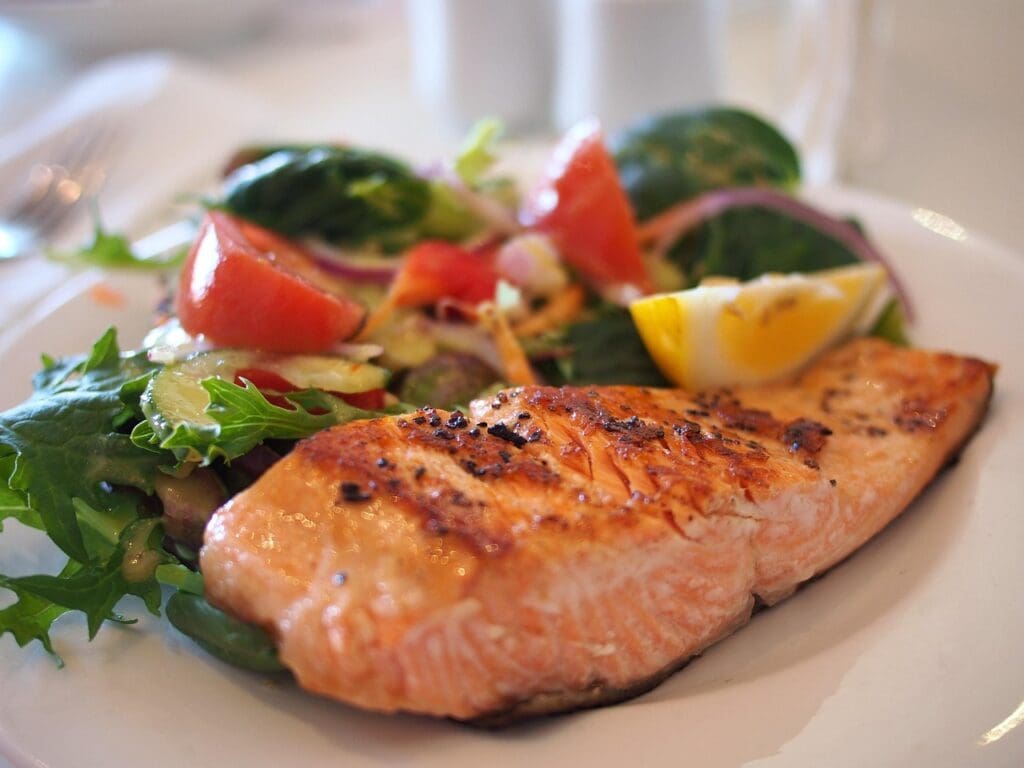Multivitamin Supplements Provide Essential Nutrients:
Taking daily multivitamin supplements helps ensure you are getting essential nutrients. They can fill gaps in your diet and support your overall health, particularly for those with dietary restrictions or specific needs.
The Importance of Taking Daily Multivitamin Supplements:
Potential Benefits of Multivitamin Supplements:
Satisfying Nutritional Gaps:
They can help bridge potential gaps in your diet, ensuring you’re getting the vitamins and minerals your body needs for optimal function.
Supports Immune Function:
Certain vitamins and mineral supplements, like Vitamin C, Vitamin D, and Zinc, are crucial for a healthy immune system, and multivitamins can help ensure adequate intake.
Promotes Bone Health:
Calcium and Vitamin D, often included in multivitamins, are essential for strong bones and teeth, particularly important as you age.
Boost Energy Levels:
B vitamins, found in multivitamins, play a vital role in energy production, potentially helping combat fatigue.
Supports Brain Health:
In addition some vitamins and minerals, like B vitamins and omega-3 fatty acids (sometimes included in them), are linked to improved cognitive function and memory.
Could Reduce the Risk of Certain Diseases:
Some studies suggest that taking a multivitamin supplement may reduce the risk of developing certain diseases, such as cancer and cardiovascular disease.
Improve Overall Health and Well Being:
Taking one daily can help ensure your body is receiving a consistent supply of essential nutrients, which can contribute to overall health and well-being.

Who May Benefit Most From Multivitamin Supplements?
If You Have a Specific Dietary Restriction:
Vegans, vegetarians, or those following restrictive diets may benefit from a multivitamin supplement to ensure they’re getting all the necessary nutrients.
Woman Who are Pregnant or Breastfeeding:
Increased nutrient needs during pregnancy and breastfeeding can be addressed with a multivitamin.
Older Adults:
As we age, our bodies may not absorb nutrients as efficiently, making them a helpful supplement.
People With Digestive Problems:
Certain conditions can impair nutrient absorption, making them a valuable tool.
If You Taking Certain Medications:
In fact some medications can interfere with nutrient absorption, necessitating supplementation.
Important Considerations:
Consult a Professional:
Before starting any new supplement regimen, it’s always a good idea to talk to your doctor or a registered dietitian to determine if a multivitamin supplement is right for you and to choose the appropriate formulation.
Focus on a Balanced Nutrition Plan:
They are meant to supplement a healthy diet, not replace it. Prioritize a variety of nutrient-rich foods.
Pick Quality Multivitamins:
Look for reputable brands and formulations that contain the vitamins and minerals you need.
Be Aware of Potential Side Effects of Multivitamin Supplements:
While generally safe, some people may experience side effects from taking high doses of certain vitamin and mineral supplements.

